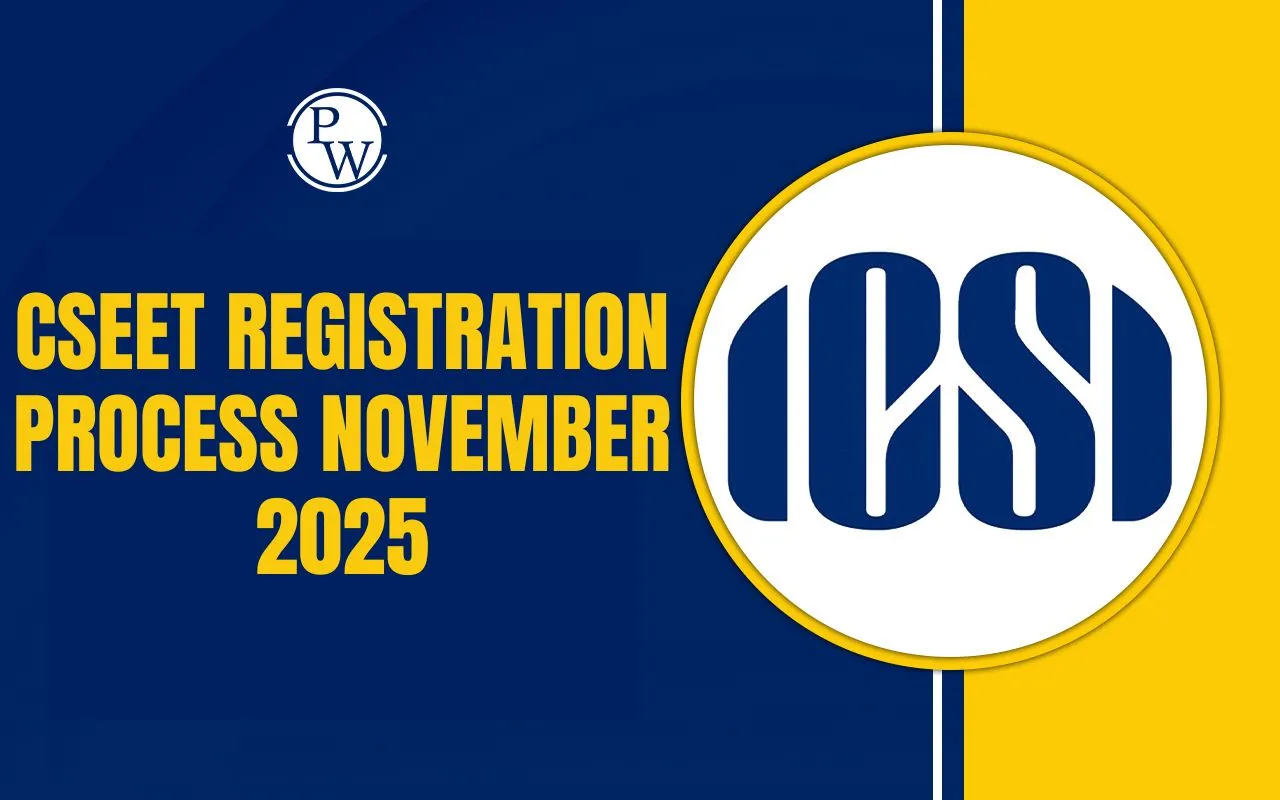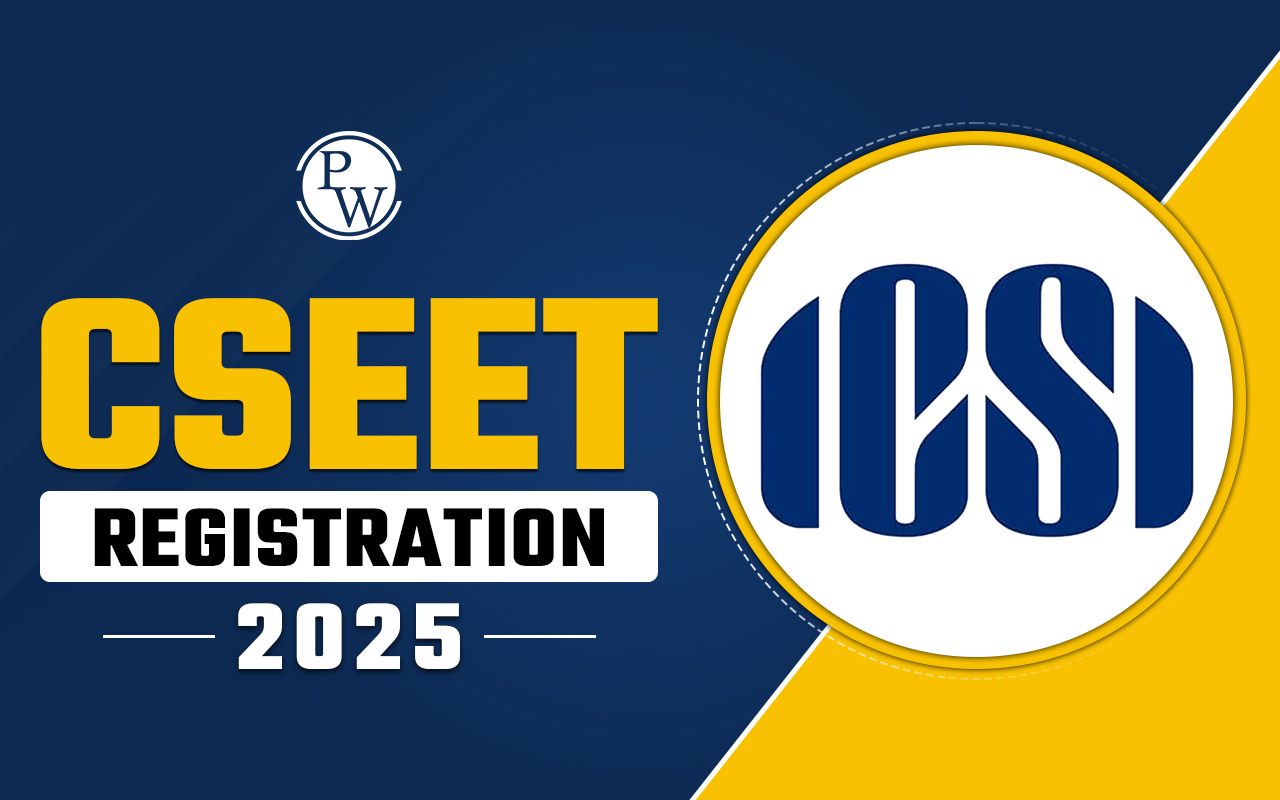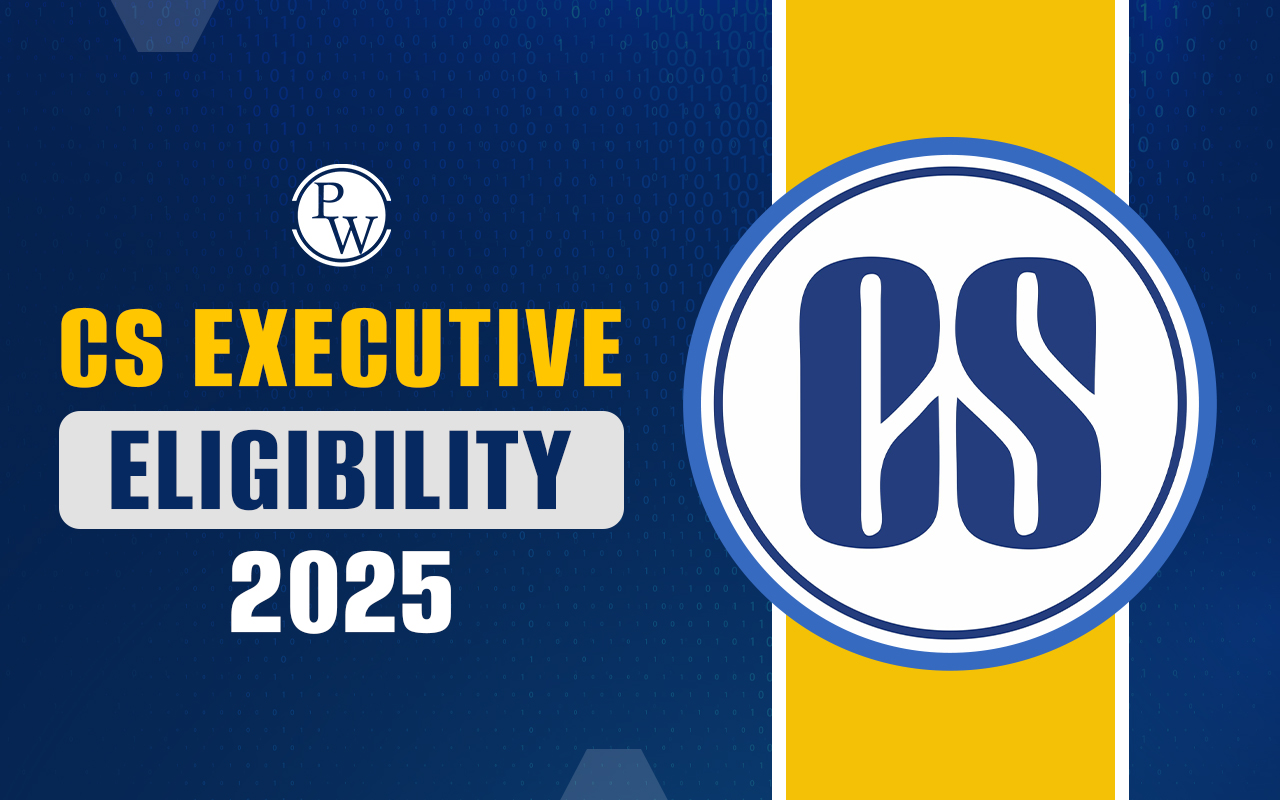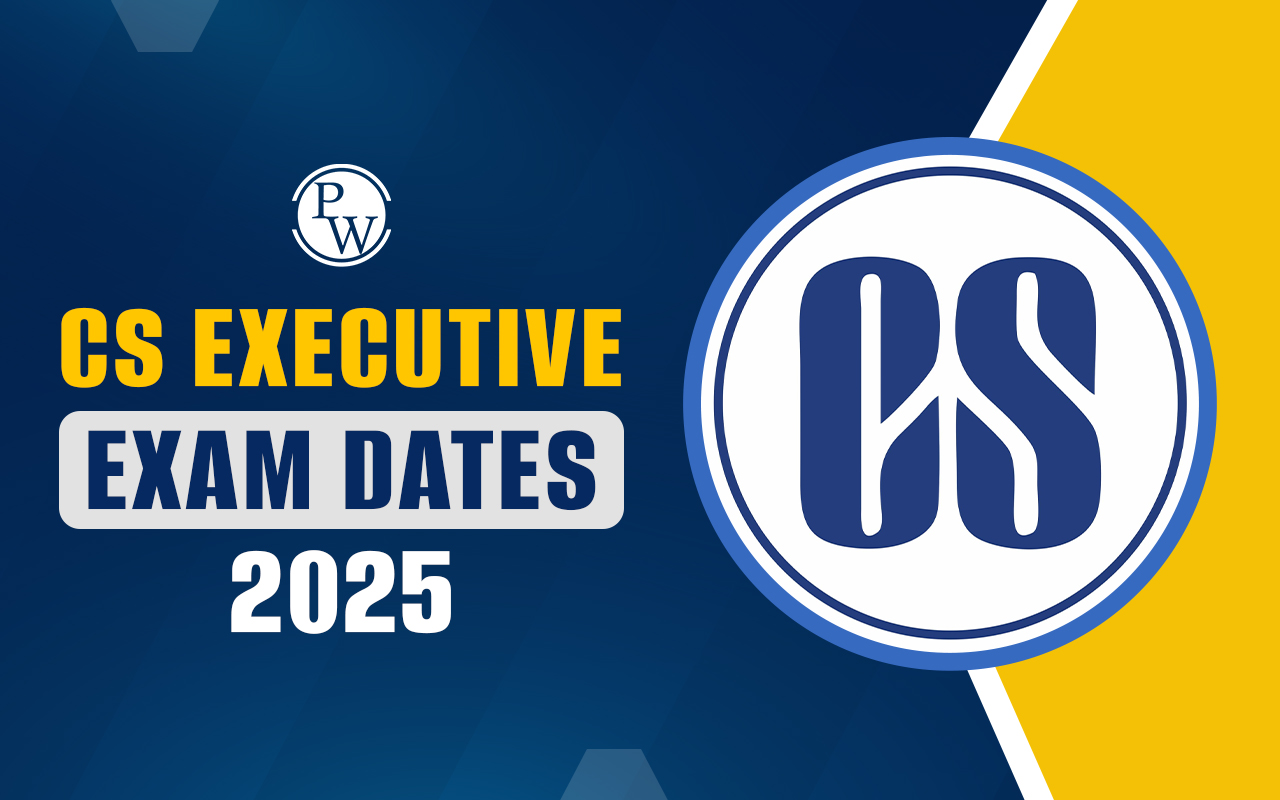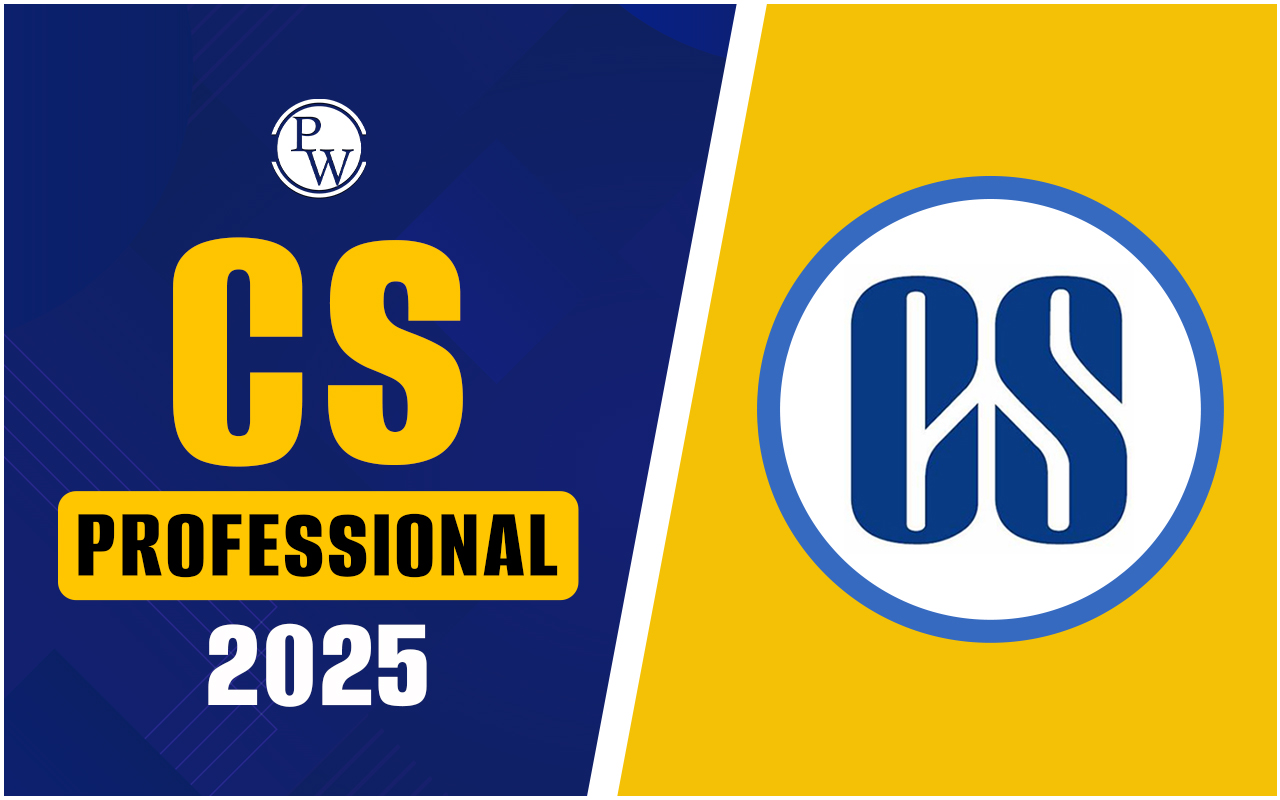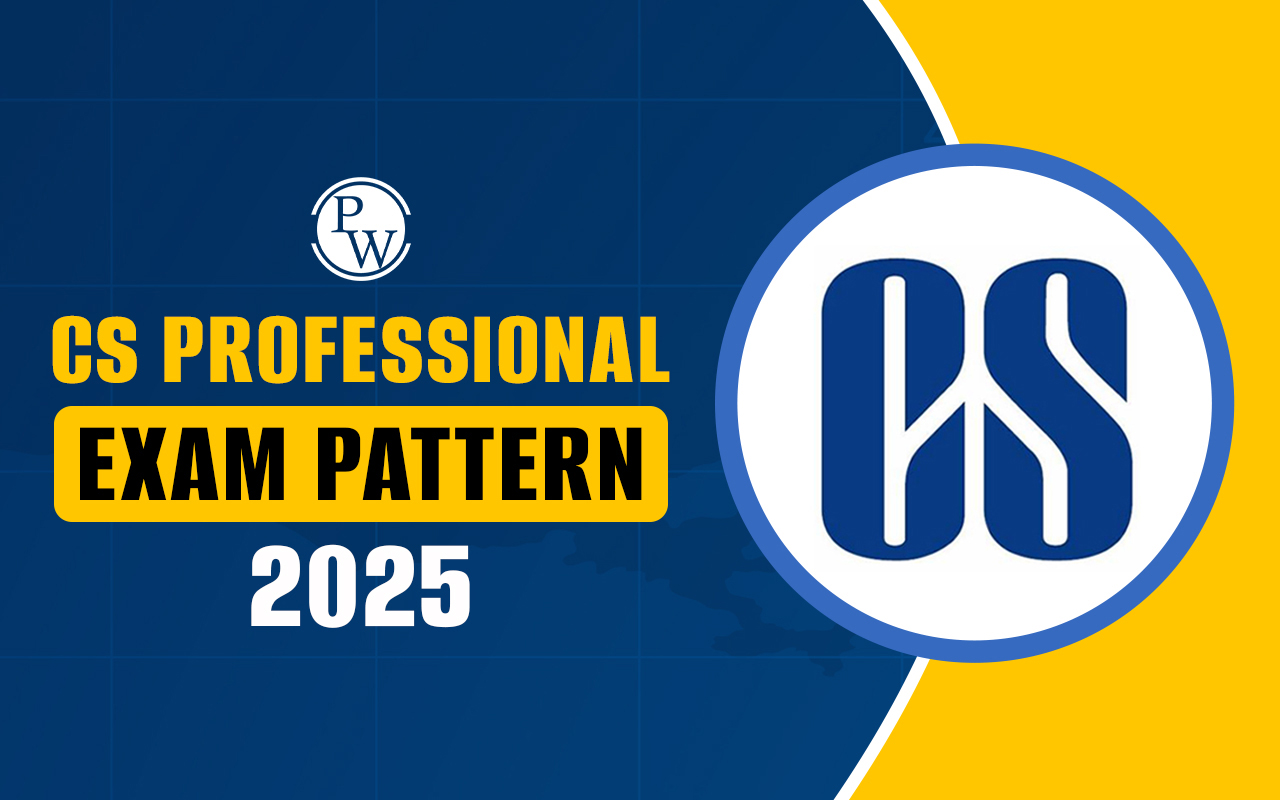
The legal framework governing Crime and Its Legal Procedures is intricate and comprehensive, designed to ensure justice and maintain societal order. This article delves into various aspects of criminal law, including the stages of crime, types of punishment, the distinction between cognizable and non-cognizable offenses, the powers of courts, summons and warrants under the Code of Criminal Procedure (Cr.P.C.), compounding of offenses, bail, defamation, and criminal breach of trust.
Laws relating to Crime and Its Legal Procedures
Criminal law is a branch of law that deals with offenses against the state or public, prescribing penalties and outlining procedures for enforcement. The primary goal is to deter criminal behavior, rehabilitate offenders, and provide retribution for wrongdoing.Stages of Crime
The criminal process typically unfolds in the following stages:- Investigation : Law enforcement agencies gather evidence and determine whether a crime has occurred.
- Arrest : Suspects are apprehended based on probable cause.
- Prosecution : Formal charges are filed by the prosecution.
- Trial : Evidence is presented in court, and a verdict is reached.
- Sentencing : If found guilty, the offender is sentenced according to the law.
- Appeal : The convicted party may appeal the decision to a higher court.
Types of Punishment
Punishments for crimes vary widely and can include:- Incarceration : Imprisonment for a specified period.
- Fines : Monetary penalties.
- Probation : Supervised release with specific conditions.
- Community Service : Mandatory service to the community.
- Death Penalty : Capital punishment for the most severe offenses.
Also Check: What is Costing? Operational Approach to Financial Decision
Cognizable and Non-Cognizable Offenses
Offenses are categorized based on their severity and the need for immediate police action:- Cognizable Offenses : Serious crimes like murder, rape, and theft. Police can arrest without a warrant and start an investigation without the court's permission.
- Non-Cognizable Offenses : Less severe crimes such as defamation and public nuisance. Police require a warrant to arrest and need court approval to investigate.
Powers of Courts
Courts have varying powers depending on their level:- Supreme Court : The highest court, dealing with appeals and significant constitutional matters.
- High Courts : Handle appeals, writ petitions, and significant cases within their jurisdiction.
- Session Courts : Deal with severe criminal cases like murder and rape.
- Magistrate Courts : Handle minor offenses and preliminary hearings for severe cases.
Summons and Warrants under Cr.P.C.
The Code of Criminal Procedure (Cr.P.C.) outlines the mechanisms for compelling an individual's appearance in court:- Summons : A legal document ordering an individual to appear in court. Used primarily for minor offenses.
- Warrant : A court order authorizing the police to arrest an individual. Issued when a person ignores a summons or is suspected of a serious crime.
Compounding of Offenses
Compounding of offenses allows certain minor crimes to be settled out of court through mutual agreement between the victim and the offender, leading to the withdrawal of charges. This process is subject to court approval and aims to reduce the burden on the judicial system.Bail
Bail is a legal provision allowing an accused to be released from custody, usually under certain conditions, while awaiting trial. Bail ensures the defendant’s appearance in court without unnecessarily depriving them of liberty.Defamation
Defamation involves making false statements that harm another's reputation. It is classified into:- Libel : Written or published defamatory statements.
- Slander : Spoken defamatory statements.
Criminal Breach of Trust
Criminal breach of trust occurs when a person entrusted with property dishonestly misappropriates or converts it for their use. This offense undermines trust and is punishable under criminal law, often involving imprisonment and fines.Conclusion
Understanding the legal procedures relating to crime is essential for ensuring justice and maintaining societal order. From the initial investigation to the final verdict and punishment, each stage of the criminal process plays a crucial role. Awareness of legal distinctions, such as cognizable and non-cognizable offenses, and procedures like bail and compounding of offenses, helps individuals navigate the complex legal landscape. Through robust legal mechanisms, the system strives to balance the rights of individuals with the need for public safety and justice.Crime and Its Legal Procedures
What is criminal law?
Criminal law pertains to offenses against the state or public, setting penalties and procedures for enforcement to deter crime, rehabilitate offenders, and ensure justice.
What are cognizable offenses?
Cognizable offenses include serious crimes like murder and rape, where police can arrest without a warrant and initiate investigations independently.
What is the difference between libel and slander?
Libel involves defamatory statements in written or published form, while slander refers to spoken defamatory statements.
How does bail work in criminal cases?
Bail allows an accused person to be released from custody under specified conditions before trial, ensuring their presence in court.
What is compounding of offenses?
Compounding of offenses allows minor crimes to be settled out of court with mutual agreement between the victim and offender, subject to court approval.
Talk to a counsellorHave doubts? Our support team will be happy to assist you!

Free Learning Resources
PW Books
Notes (Class 10-12)
PW Study Materials
Notes (Class 6-9)
Ncert Solutions
Govt Exams
Class 6th to 12th Online Courses
Govt Job Exams Courses
UPSC Coaching
Defence Exam Coaching
Gate Exam Coaching
Other Exams
Know about Physics Wallah
Physics Wallah is an Indian edtech platform that provides accessible & comprehensive learning experiences to students from Class 6th to postgraduate level. We also provide extensive NCERT solutions, sample paper, NEET, JEE Mains, BITSAT previous year papers & more such resources to students. Physics Wallah also caters to over 3.5 million registered students and over 78 lakh+ Youtube subscribers with 4.8 rating on its app.
We Stand Out because
We provide students with intensive courses with India’s qualified & experienced faculties & mentors. PW strives to make the learning experience comprehensive and accessible for students of all sections of society. We believe in empowering every single student who couldn't dream of a good career in engineering and medical field earlier.
Our Key Focus Areas
Physics Wallah's main focus is to make the learning experience as economical as possible for all students. With our affordable courses like Lakshya, Udaan and Arjuna and many others, we have been able to provide a platform for lakhs of aspirants. From providing Chemistry, Maths, Physics formula to giving e-books of eminent authors like RD Sharma, RS Aggarwal and Lakhmir Singh, PW focuses on every single student's need for preparation.
What Makes Us Different
Physics Wallah strives to develop a comprehensive pedagogical structure for students, where they get a state-of-the-art learning experience with study material and resources. Apart from catering students preparing for JEE Mains and NEET, PW also provides study material for each state board like Uttar Pradesh, Bihar, and others
Copyright © 2026 Physicswallah Limited All rights reserved.

